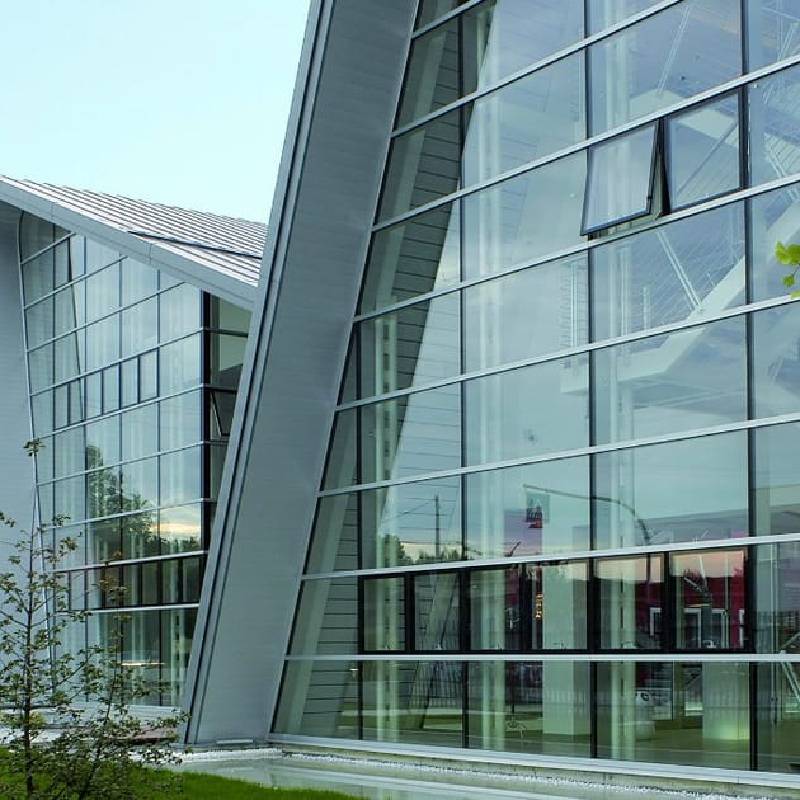

The Allure of IGU Glass An In-Depth Exploration
Insulated Glass Units (IGUs), commonly referred to as IGU glass, have revolutionized the architectural landscape and transformed our approach to modern window technology. These sophisticated glass systems are designed to enhance energy efficiency, improve indoor comfort, and elevate aesthetic appeal in both residential and commercial buildings. By understanding the structure, benefits, and applications of IGU glass, we can appreciate its pivotal role in contemporary construction practices.
The Allure of IGU Glass An In-Depth Exploration
One of the standout advantages of IGU glass is its ability to enhance energy efficiency. In an era where climate change and energy conservation are at the forefront of global concerns, IGUs present a practical solution that aligns with sustainable building practices. By utilizing these insulated units, architects and builders can comply with stringent energy codes while simultaneously creating comfortable living and working environments. Moreover, the use of IGUs contributes to the reduction in greenhouse gas emissions, making it a responsible choice for environmentally-conscious consumers.

The performance of IGU glass extends beyond thermal insulation. It also plays a critical role in sound attenuation. Buildings located in noisy urban environments can benefit greatly from using IGUs, as the multiple layers of glass act as a barrier, significantly reducing the penetration of external noise. This feature is particularly valuable for residential buildings near busy roads, schools, or commercial areas, allowing occupants to enjoy peace and quiet within their living spaces.
Aesthetic versatility is another prominent feature of IGU glass. With advancements in glass technology, manufacturers can produce IGUs in various styles, colors, and coatings to suit diverse architectural designs. Low-emissivity (Low-E) coatings, for example, are commonly applied to the surfaces of IGU glass to minimize radiant heat loss while still allowing natural light to enter a space. This innovation not only enhances the overall appearance of a building but also maximizes daylighting, thus improving occupants' mood and productivity.
The applications of IGU glass span a range of sectors, from residential to commercial and industrial settings. In homes, IGUs are integral to energy-efficient window designs, sliding doors, and even skylights. Commercial buildings utilize IGU glass for storefronts and curtain walls, providing a modern and professional look while ensuring energy efficiency. Furthermore, IGUs can be customized for specific projects, allowing architects to implement unique design elements without sacrificing performance.
In conclusion, IGU glass represents a significant advancement in window technology, offering a combination of energy efficiency, sound insulation, and aesthetic appeal. As the construction industry continues to prioritize sustainable practices, the demand for IGUs will likely continue to rise. They stand as a testament to the innovative spirit of modern architecture, merging functionality with beauty to create comfortable and energy-efficient environments. Ultimately, IGU glass is not just a building material; it is a cornerstone of contemporary design that enhances our daily lives while safeguarding our planet.